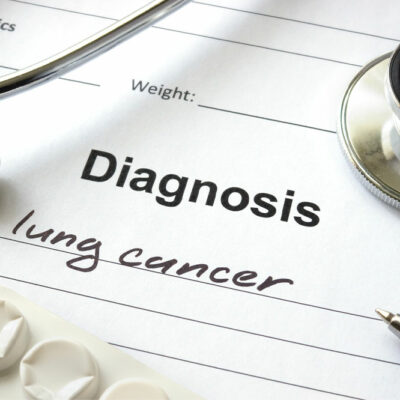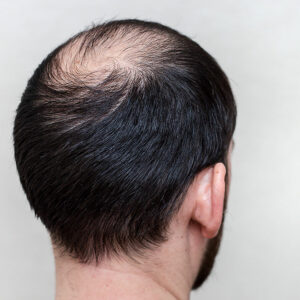
health
5 uncomfortable questions to ask a gynecologist
For many women, visiting a gynecologist brings a wave of foreboding. One of the reasons for this is the inherent sense of shame women feel about asking questions about their bodies to someone who is not a close family member. That said, gynecologists are experienced and trained to answer all kinds of questions without judging the patient. So, here are a few uncomfortable questions one can ask their gynecologist: Should one groom their pubic hair before their visit? This question is especially relevant when one visits a new gynecologist or is visiting one for the first time. Such experiences can be intimidating for women and young girls. Therefore, the thought of shaving one’s pubic hair will definitely cross their mind. While a gynecologist will certainly not judge any client’s grooming practices, one can simply ask the expert about them to be comforted and relieved of stress. Why does the vagina smell weird? A vagina always has some kind of odor. Therefore, this question is just as complicated for clients to ask as it is for gynecologists to answer. This odor is caused by various factors, the main ones among them being the presence of different secretions, bacteria, weather issues, and undergarment problems.



















